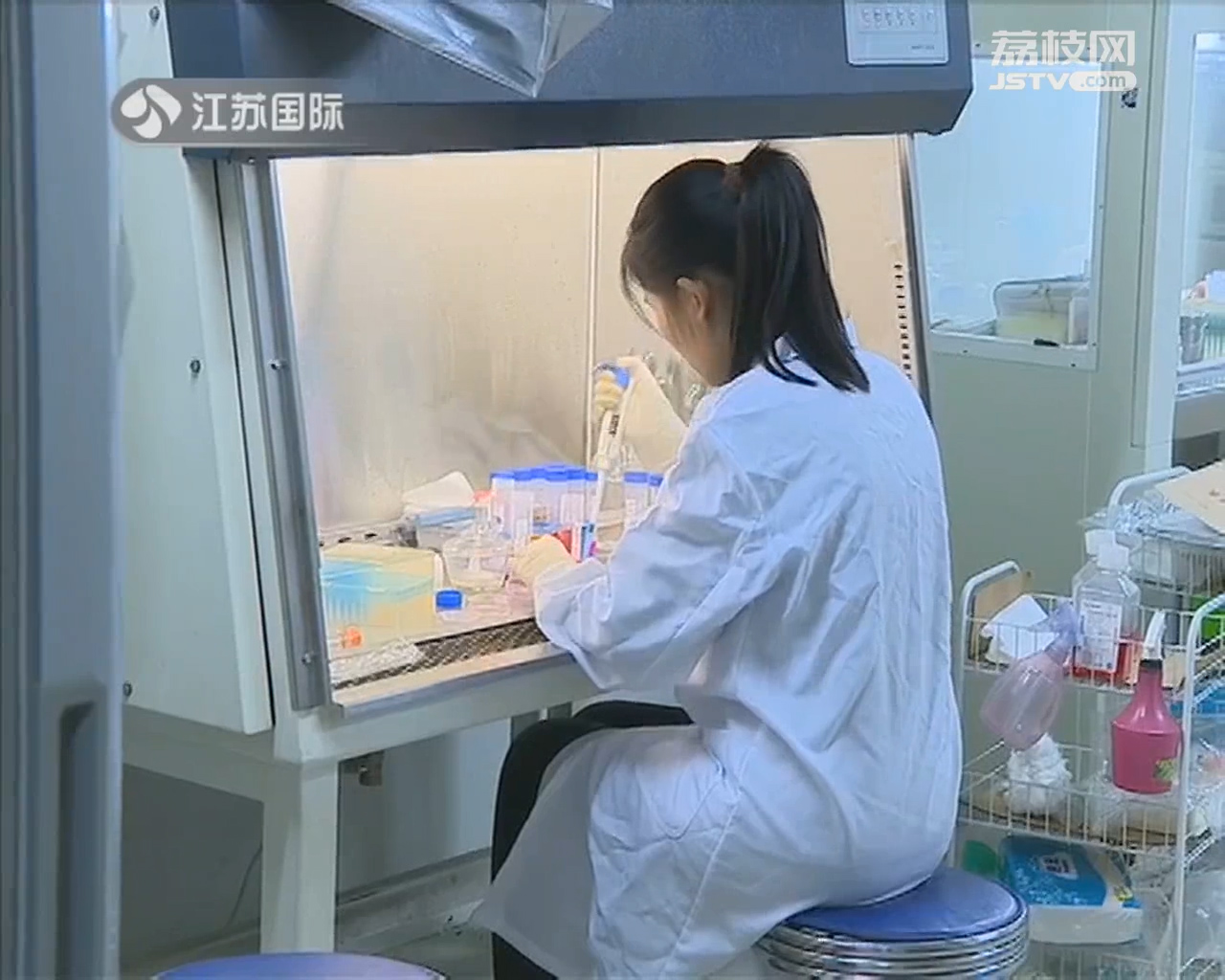The CPC Jiangsu Provincial Committee held a thematic briefing last Thursday in Beijing to publicize its practices for the promotion of innovation-driven transformation and development. Over the past few years, Jiangsu has adhered to the global vision of innovation for integration into the global innovation system and promotion of international scientific and technological cooperation and achieved remarkable results.
Jiangyin Beresen Biochemical Technology Co., Ltd. has introduced Uppsala salt from Sweden to be incorporated as a raw material in the manufacturing of cosmetics.
By adding this new type of material invented by top Swedish scientists, the makeup and oil-control effects of cosmetics will be greatly enhanced with a wide range of market application prospects.
Rather than a one-shot deal, Beresen’s introduction of the new material is the result of a long-term international scientific and technological cooperation project.
As the world's fourth and China’s sole producer of mussel protein bio-pharmaceutical, Beresen has developed in just a few years from a small company dealing with medical device products into a large size enterprise manufacturing more than 20 varieties of products medical devices and healthcare by relying on its long-term cooperation with the world’s leading global protein institutions and top-notch academics.
Beresen has stepped up its pace of innovation-oriented industrialization through its cooperation with Nobel Prize laureates, joint development with Chinese and foreign R&D teams, the forging of a domestic protein industry alliance and the establishment of research and development centers in Sweden to tap into the world's top level wisdom.
Beresen is not alone when it comes to the province’s promotion of international scientific and technological cooperation.
Professor Konstantin Novoselov with the University of Manchester was in Nanjing for one month this summer to promote the research and application of graphene. He was awarded the Nobel Prize for Physics in 2010 for his achievements with graphene with his fellow researcher Andre Geim as the co-winner.
Starting last year, the two Nobel laureates have developed their own graphene industry in Jiangsu alongside with the support from the National Graphene Institute, the national centre for graphene research in the UK.
Circuit board as thin as a piece of paper, printable RF antenna and electric bulbs with energy efficiency 20% higher than conventional ones, these seed technologies that were in the lab several years ago have been brought to Nanjing by two Nobel laureates.
Construction on the RF Antenna Factory, the first industrialized project for graphene application, is in smooth progress in Nanjing with 1 billion yuan of sales revenue expected in the next three years.
With the emerging pace of a new round of scientific and technological revolution across the world, Jiangsu is drawing world resources with a global perspective.
At present, Jiangsu has established scientific and technological cooperation and exchange relations with more than 70 countries and regions with more than 4000 industry-research-university cooperative events organized each year.
It has taken the lead in the country to set up intergovernmental research and development funds with 6 countries, including Israel, Britain, Finland and Czech Republic and built technology transfer agencies in collaboration with prestigious universities like the National University of Singapore, UCLA and Oxford University.
The province has also hosted international industry-research-university cooperation forum and transnational technology transfer conference for five years in a row.
The matchmaking conference for major research institutes and academies held this summer has become a prominent platform for international industry-research-university cooperation.
By the end of 2016, Jiangsu has materialized 42 national-level international science and technology cooperation bases such as the China-Israel Changzhou Innovation Park and the Kunshan-Duke University Wisdom Valley Town and attracted more than 610 high-level foreign R&D institutions.






